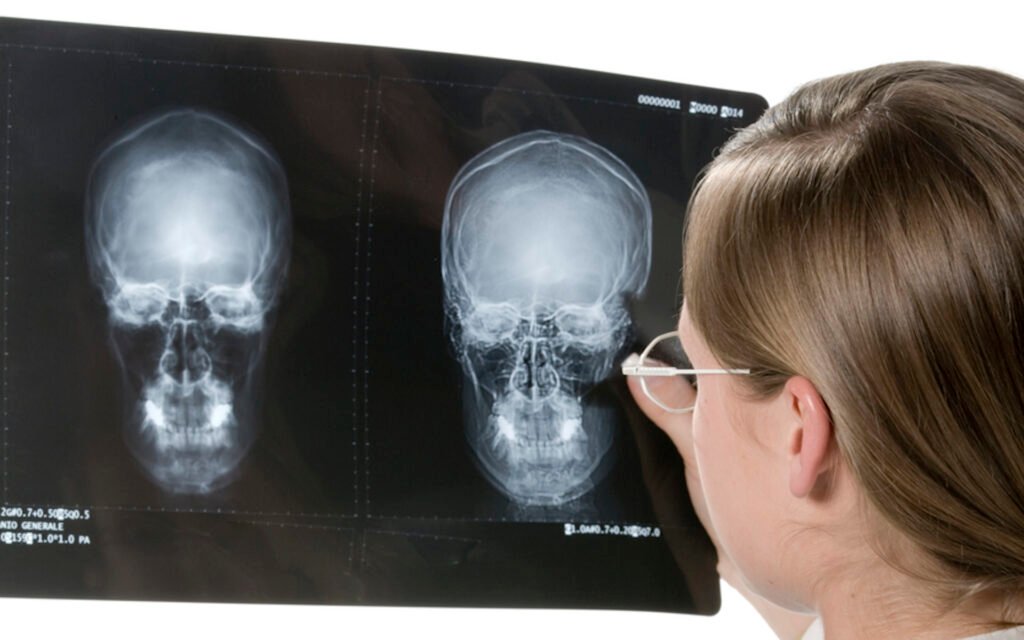New research shows microplastics can enter the brain when we breathe. Microplastics can enter our brains via the olfactory nerve and bulb, according to a study published in the journal PubMed by researchers from the Free University of Berlin and the University of São Paulo.
what’s happening?
Previous studies have shown that microplastics enter the human body through food and drink, are inhaled into the lungs and absorbed into the skin, but this new study shows that microplastics enter the human body when we breathe. This suggests that it may be absorbed directly into the brain.
“This case series provides evidence of MPs found in the human olfactory bulb and suggests a possible translocation route for MPs to the brain,” the researchers wrote. “Our findings highlight the need for further research on the health effects of MP exposure, particularly regarding neurotoxicity and the potential for MPs to bypass the blood-brain barrier.”
A study conducted in early 2024 by researchers at the University of New Mexico also found surprising amounts of microplastics in people’s brains.
“This is quite alarming,” said lead author Matthew Kampen, a toxicologist and professor of pharmacy at UNM. “There’s a lot more plastic in our brains than I ever imagined or felt comfortable with.”
Why are microplastics a concern?
Plastic does not biodegrade naturally. Instead, it breaks down into smaller and smaller pieces and never really goes away. The resulting tiny particles are called microplastics, and they exist forever in the environment and in our bodies.
Join our newsletter. Useful news, easy hacks, and the latest cool clean technology delivered to your inbox every week.
The long-term health effects of increasing amounts of microplastics in humans (and other animals) are not yet fully understood, but are unlikely to be positive.
Experiments conducted on pigs in July showed that microplastics can negatively impact nervous system functions related to digestion.
Other studies have linked microplastics to reduced fertility and other health problems, but these links have not yet been conclusively proven.
What is being done about microplastics?
The simplest and most effective step you can take in your daily life to prevent microplastics from entering your body is to stop eating and drinking from plastic containers. You can reduce your exposure by avoiding plastic bottles and disposable tea bags.
But as these studies show, microplastics can enter your body just by breathing them in, and this is not something to be avoided or avoided. That’s why it’s so important that our society significantly reduces the amount of new and virgin plastic it produces.
Join our free newsletter for weekly updates on the latest innovations that are improving our lives and shaping our future. Also, don’t miss this cool list of easy ways to help yourself while helping the planet.

